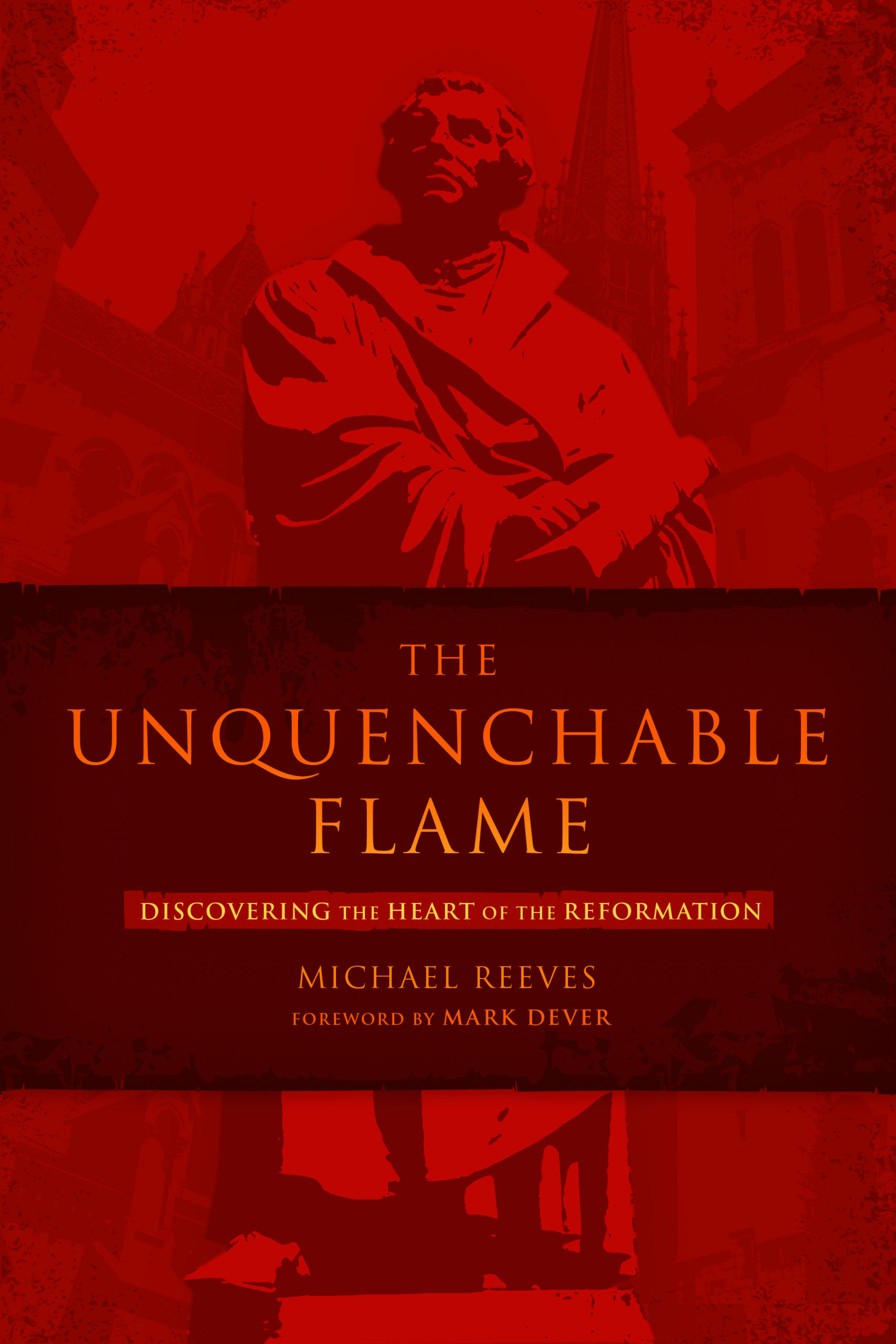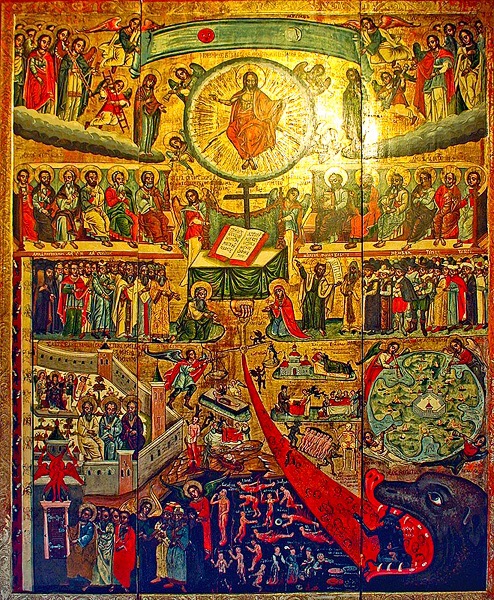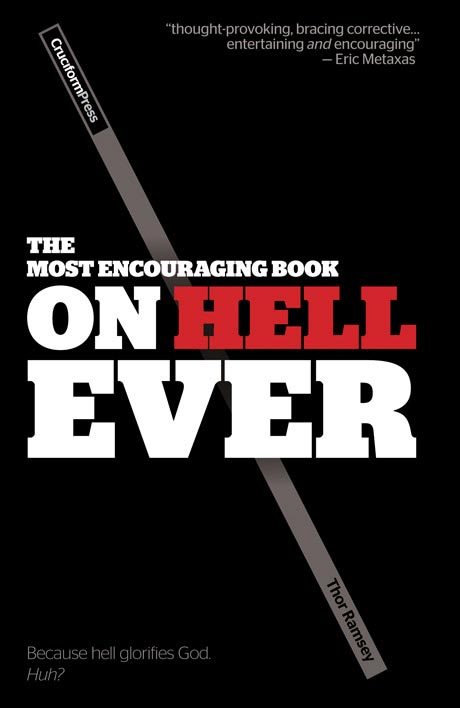She’s a teenager. They attempt to assassinate her. What for? The Taliban had been dishonored because she said she liked some western ideas. She said publicly that she admired Barack Obama. She wanted a full education, and one rumor that had been circulating even suggested that she was against beards on men! For these reasons, she must die. But they failed to kill her, The bullet shattered her skull, disfigured her face, severed her facial nerve, and destroyed her eardrum. The Taliban have not apologized, instead, they have given assurances not to kill her if she would return to Pakistan, don a burka, get married, and shut up. For the western world, this is insane. What would cause a people group to arrive at such conclusions about ways of living? Malala shares with great courage and an open heart so we all can learn. It was a great privilege to read this book.
Honor is the most important thing in this culture. To be shamed is worse than death itself and thus the reason why these cultures fight so much. Women are not equal here. At the birth of a son, there is a celebration, but at the birth of a daughter, there is weeping. If you want to insult a man all you need to say is “he even asks for his wife’s advice!” — what a slap in the face! No real man would consult his wife. A woman is equal to half a man in the minds of so many from this culture and religion.
Malala’s father refused to fall in step with these norms. He threw a huge party at his daughter’s birth. When he was taunted by a headmaster for his stutter, he offered to donate blood to the headmasters sick wife instead of letting his shame turn to revenge. He clung to the belief that men and women should be working side by side and that everyone in the country should be entitled to an education. Malala’s courage and outspokenness come from her father, who was willing to stand against the current of a culture that was flowing in the wrong direction.
The Islamification of the area in the 1970’s did not help stem the flow of these cultural currents.
An example of this is clear in 1989 when Salmin Rushty’s book Satanic Verses came out besmirching the character of Mohammed. The dishonor of such a book created riots, bombings, and deaths around the world. The intensity of revenge for offense was fanned by the Ayatollah who called for the author’s assassination. Malala’s dad objected strongly saying, “Let’s read the book and write a response to it. Is Islam so weak a religion that it cannot stand a book written against it?” But no one listened to him. Malala commented about her own Peshtoon people, “We never forgive, we never forget; we only repay kindness for kindness and evil for evil. It’s why we never say thank you.” Written into the religion and the culture is the necessity of revenge to restore honor. But Malala asks “where does it stop? It doesn’t.” Malala has come to see that the worldview that underpins her culture is broken.
In 2005 a devastating earthquake leveled the area. Sadly the Pakistani government was slow to respond. Help from the Americans was rejected as they were considered the enemy in the minds of many because of the constant anti-western rhetoric coming from the religious establishment. Some misguided drone attacks, on Pakistani soil, didn’t endear the United States to the Pakistani people either. The extremists were quick to bring help and hope to the devastated area, but their help came with a message: God’s judgment, was the reason why the area was devastated. God hates television, DVDs, music, and dancing, he hates women laughing in public. He hates that men are not growing beards and that women have failed to cover up properly. He is enraged that women are being educated and that boys are not going to religious schools. All this made sense to many in this God-fearing part of the world. The extremists had been kind and supportive, maybe their message was right. The Taliban offered swift justice options, instead of the lengthy complex and corrupted legal system of the government, they also empowered lower cast people if they were faithful to believe.
The grip of Taliban power tightened around the area, The government lost control of SWAT Valley. President Musharif, couldn’t allow the Taliban to have complete control, but because of the shame culture, he also couldn’t allow the West to be seen as winners either. He sent in the army to crush the Taliban insurgency, but they were really just a figurehead to appease American pressure. Quietly he took 20 billion American dollars, over 8 years and only very slowly gave up prized Al qaeda targets one by one. None of that money made it’s way over to help rebuild the SWAT valley infrastructure. Meanwhile, in full view of the army, the Taliban flaunted their power. By 2008, 400 schools that had educated women were blown up. Regular murders took place throughout the night with Taliban leaders stacking the bodies in town squares for everyone to wake up to. If a woman was caught dancing she was killed. If a man failed to wear the proper pants he was killed. All during this time Malala and her father secretly shared the atrocities with the outside world. There were warnings, the Taliban were closing in.
In 2010 a flood devastated the region. Al Qaeda had stripped the trees from the sides of SWAT valley, the resulting floods and mudslides were massively destructive, the worst in the history of the area. The local leadership managed to blame the Americans accusing them of developing a superweapon that caused floods. When Christian and Jewish relief organizations responded, they were told they would be killed. For those suffering, they were told the same message as in 2005: The flood was God’s judgment. Only radical allegiance to Islam would prevent more destruction. This message was not just limited to the SWAT valley. All through Pakistan, this intolerance for other ideas and beliefs would regularly manifest itself. Most notably it is found in the blasphemy laws. One case, in particular, received international attention: Ausia Beebee a single Christian mom in Punjab got into an argument with a Muslim neighbor. Peeved, she made the comment. “Jesus died for the sins of Christians what has Mohammed done for Muslims?” She was arrested and jailed for the comment. It went through the entire legal system, resulting in a guilty verdict and a sentence of death.
Meanwhile, Osama Bin Ladin lived in peace for 9 years in Pakistan, ironically just a few miles from Pakistan’s military headquarters. When the USA finally tracked him down they were furious, concluding that Pakistan must either be involved or incompetent. Pakistan was shamed that the USA could sneak into their country like this.
This shame/honor mindset was almost responsible for Malala’s demise even after she survived the gunshot wound. She lay dying in a Pakistani hospital. The help she needed Pakistan could not offer. Several western countries stepped forward to offer Malala a chance at survival, But the Pakistani government declined the offers. It was dishonorable to accept help from an enemy and an infidel. Finally, in the face of mounting worldwide pressure, the Saudi Prince offered a solution, his personal jet would evacuate Malala, and transport her to the west. This way, a Muslim brother would be responsible for the rescue, rather than an infidel.
Malala is surviving and thriving in her new British home, but she misses terribly her beloved SWAT valley. She and her father are not good Muslim’s according to the views of many of the Muslims that still dominate her homeland. Is it possible to change the worldview that is the foundation for Malala’s culture? perhaps, but maybe an altogether new worldview would be the better long-term solution. I would love to meet this brave young lady someday.




